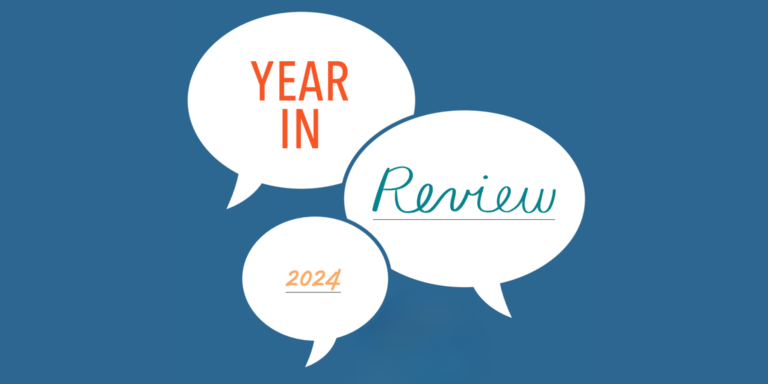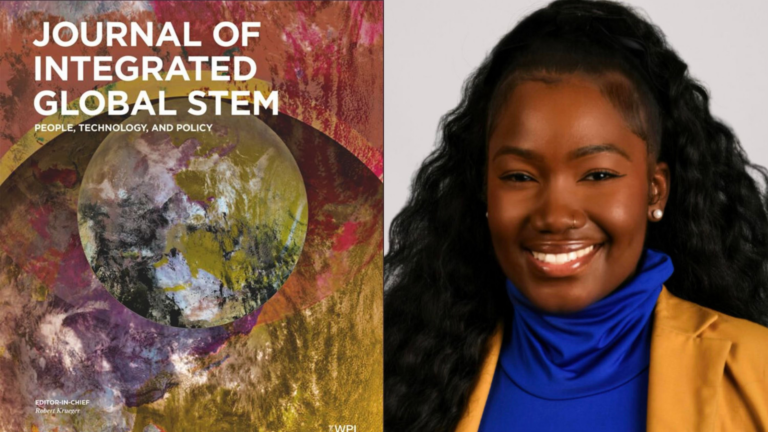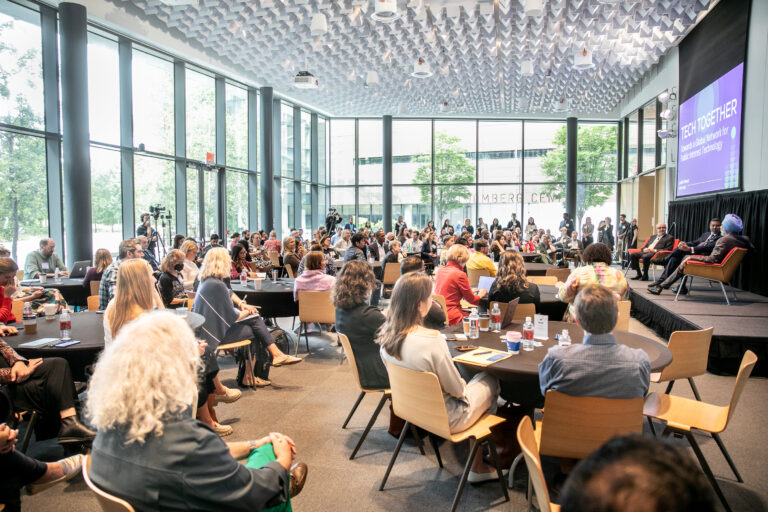by Katy Knight
Katy Knight is the Executive Director of Siegel Family Endowment
In just a few short weeks, the world has been totally upended by COVID-19. The scope of the pandemic’s impact is only continuing to grow, and sometimes it can feel like all we know for certain is that the long-term effects will be painful, far-reaching, and long lasting.
Like many other foundation leaders, I’m acutely aware of how much urgent need there is across the field. The burden that this pandemic has placed on individual organizations is almost unimaginable, and the prospects for fundraising for the foreseeable future are consistently dire across the board. I’ve spent a lot of time sorting through the competing demands and challenges facing the organizations in SFE’s orbit to better understand how we can most effectively be of service to the communities and organizations that we serve, both during this period of unprecedented upheaval and in the long term. As I set out to develop SFE’s response to the COVID-19 pandemic, I kept bumping up against the same kinds of difficult questions:
- Who gets to decide what should take priority when everything feels so urgent and everyone needs help? So many organizations and individuals need assistance, and it’s hard to know where our support would be felt and needed the most. This dynamic has felt especially real in my work with grantees who applied for and received emergency government funding even though they had access to reserve funding that would allow them to continue operations uninterrupted for months. As it became clear that other organizations haven’t been able to get funding, and have a more urgent need for emergency funds, is it right to advise a grantee to return that money when the future looks so uncertain? Who gets to make that decision?
- How can we balance our mission-driven work with our desire to make an immediate difference in the communities most affected by the pandemic? It can feel trivial to make funding decisions about things like outside-the-box academic research when healthcare professionals are being sent to the frontlines without adequate protective gear. How do we rationalize pursuing long-term goals in a time of urgent need?
- How can we ensure our own stability during a period of chaos in the financial markets? Foundations aren’t exempt from feeling the impacts of market fluctuations, and we need to make sure that we’re able to fulfill existing commitments while maintaining the viability of our long term giving capacity.
In order to learn more about how other funders were handling questions like these, I joined several rapid response calls with leadership from other foundations. It was humbling to realize that I wasn’t alone in my struggle to handle so many competing challenges, and to share in the knowledge that big philanthropy alone wouldn’t be able to address the crisis comprehensively. It was also daunting to see just how many unknowns were playing out across the field, and a relief to recognize that we weren’t being asked to decisively answer these big, unwieldy questions on our own.
Bearing in mind that so many of our peer organizations are facing many of the same challenges that we are, I kept coming back to SFE’s inquiry driven approach. It’s premised on the belief that, as grantmakers and members of the philanthropic community, we don’t have all the answers. I recognize that we don’t know for certain what the world will look like on the other side of the pandemic, but I do know that our questions-first, iterative approach to learning and grantmaking will feel more relevant than ever, and will be positioned to help make sense of the new order.
The response that I decided on goes long on driving change in the places where we’re already best positioned to make an impact, and reflects the beliefs that make SFE’s approach to philanthropy so noteworthy.
- We’ve decided to mainly concentrate on helping our current grantees adapt to an unpredictable future. During the early stages of the crisis, we shared a survey to better understand the individual needs of our grantees. We identified a lot of new needs across our grantee community, and are now shifting our focus to building strong foundations for longer term resilience by offering capacity-building support from members of our own staff in areas like grant writing, leadership development, business planning, and board development, to help them make better informed decisions about future programming.
- We decided to turn our inquiry-driven lens inward, to make sure we’re positioned to better serve our grantees. We’ve accepted the fact that there are a lot of new limitations in this new world order, and are now more aware than ever of how those limits impact our own work. As we’ve had to modify many operational aspects of our work in response to the crisis, we’ve also recognized where the cracks lie in our own approach, and have decided to adjust segments of our own strategies, theories of change, and processes in order to eliminate personal biases and address the needs of a fundamentally changed world.
- We’ve made one-time grants and initiated an internal employee volunteer program to support organizations doing COVID-19 response work that stood out to us as individuals. Our chairman approved a fund that would allow each member of the SFE team to make one-time grants to organizations doing targeted pandemic response work. The organizations chosen by all of our team members ended up being a reflection of the personal lens and multifaceted experience that each of us brings to this work. Additionally, SFE team members are permitted to volunteer their time in support of any organization that is responding to this crisis during their normal working hours.
Our inquiry-driven approach is grounded in a mindset that’s designed to grapple with broad, far-reaching change. Being inquiry-driven means that we don’t think of ourselves as having all the answers, even though we’re the stewards of substantial funds. It means that we’re committed more than ever to sharing out what we find, and to amplifying the learnings of our grantees. Meeting the challenges posed by the next stages of this crisis will require a lot of long-term thinking, and starting from a place of questioning. We think our question-driven approach is especially well suited to meeting that need, and as we continue to refine and target our work, it’s what we’ll be even better suited to do in the future.





